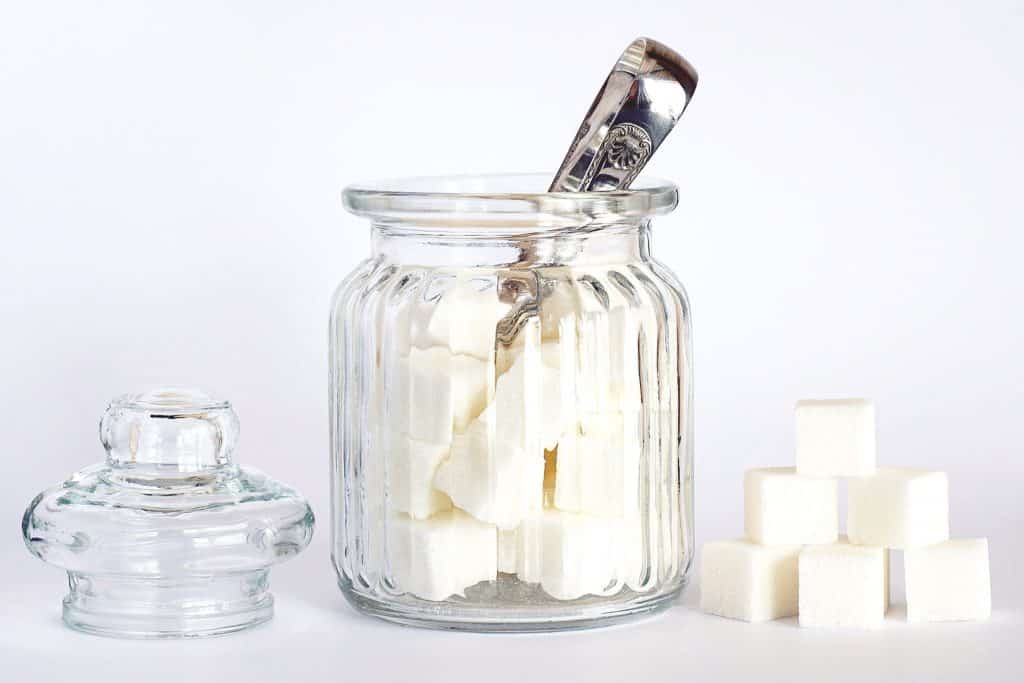The effect of sugar on your oral health
The human mouth is host to a variety of bacteria, whose populations fluctuate based largely on your diet and oral health care habits. The key to optimal oral health is maintaining a healthy balance of these bacteria. When you expose your teeth and gums to sugary food and drinks, you are essentially feeding the bacteria that contribute to oral health issues such as bad breath, tooth decay, and gum disease. You’ve probably heard your dentist tell you time and time again that sugar is bad for your oral health, but have you ever wondered what happens when sugar is reduced or removed from the equation? Keep reading to find out the four ways your oral health improves without exposure to sugar.
1. Restore pH balance in the mouth
On the pH scale from 1 (most acidic) to 14 (most alkaline), a salivary pH value of 7 is neutral and ideal for optimal oral health. When oral bacteria feed on sugar in your mouth, they convert it to acid that lowers the pH of your saliva. If salivary pH is 5.5 or lower, the teeth begin to demineralize and enamel erodes. An acidic oral environment puts you at risk for developing decay, cavities, bad breath, and other oral health diseases. Reducing your sugar intake will help restore balance to your salivary pH and keep teeth and gums healthy!
2.Bye, bye bad breath!
Did you know that smelly oral bacteria have preference for sugar? The sugar that you consume through food and drink feeds the bacteria that cause bad breath. The more sugar you expose your mouth to, the more bad breath you’ll have. If you have smelly breath caused by acid-producing oral bacteria, reducing your sugar intake will starve these bacteria and prevent them from producing foul odours.
3. Less tooth decay and fewer cavities
Any sugar in the mouth, even in liquid form, binds with sticky plaque particles on the surfaces of the teeth, creating ideal conditions for oral bacteria to thrive and multiply. The acids these bacteria produce are destructive to the tooth enamel and can eventually cause decay and cavities. Cutting back from sugars or cleaning your mouth after eating will keep your plaque buildup from worsening and will slow or stop tooth decay.
4. Lower your risk of gingivitis and periodontal disease
The oral bacteria that make a home in the beds of sticky plaque along your gum line continue to feed on dietary sugars and reproduce there, which can cause inflammation of the gum tissues known as gingivitis. With reduced exposure to sugar, plaque bacteria will not be able to produce acid or multiply. This reduces your risk of developing gingivitis and periodontal disease.
5. Brushing and flossing are more effective
Because sugar binds to plaque bacteria on the teeth, the more sugar you consume, the harder it will be to clean the growing layer of plaque away from our teeth. The best way to combat plaque buildup is to reduce sugar intake while maintaining a regular habit of brushing and flossing twice daily and after every sugary snack.
When we eat sugar, we feed the bacteria in our mouths and they produce acid waste which disrupts the pH balance in the mouth and leads to bad breath, tooth decay, and gingivitis or periodontal disease. When sugar intake is reduced, we create less substrate for bacteria to grow on your teeth and cause these problems. For most of us, cutting out sugar completely is unrealistic. But when our sugar consumption is less frequent, we do much less damage to our teeth. To further preserve your oral health, avoid letting sugary substances rest on your teeth for a long time after consumption. Be sure to brush and floss your teeth promptly after exposure to sugar.
And of course, visit to your favourite Saskatoon dentists at Acadia Dental for regular cleanings and checkups to ensure that we will be able to keep your plaque under control and catch any potential oral health problems as early as possible.
For more information about your diet and your teeth, read our blog titled A Health Mouth Eats Well.





